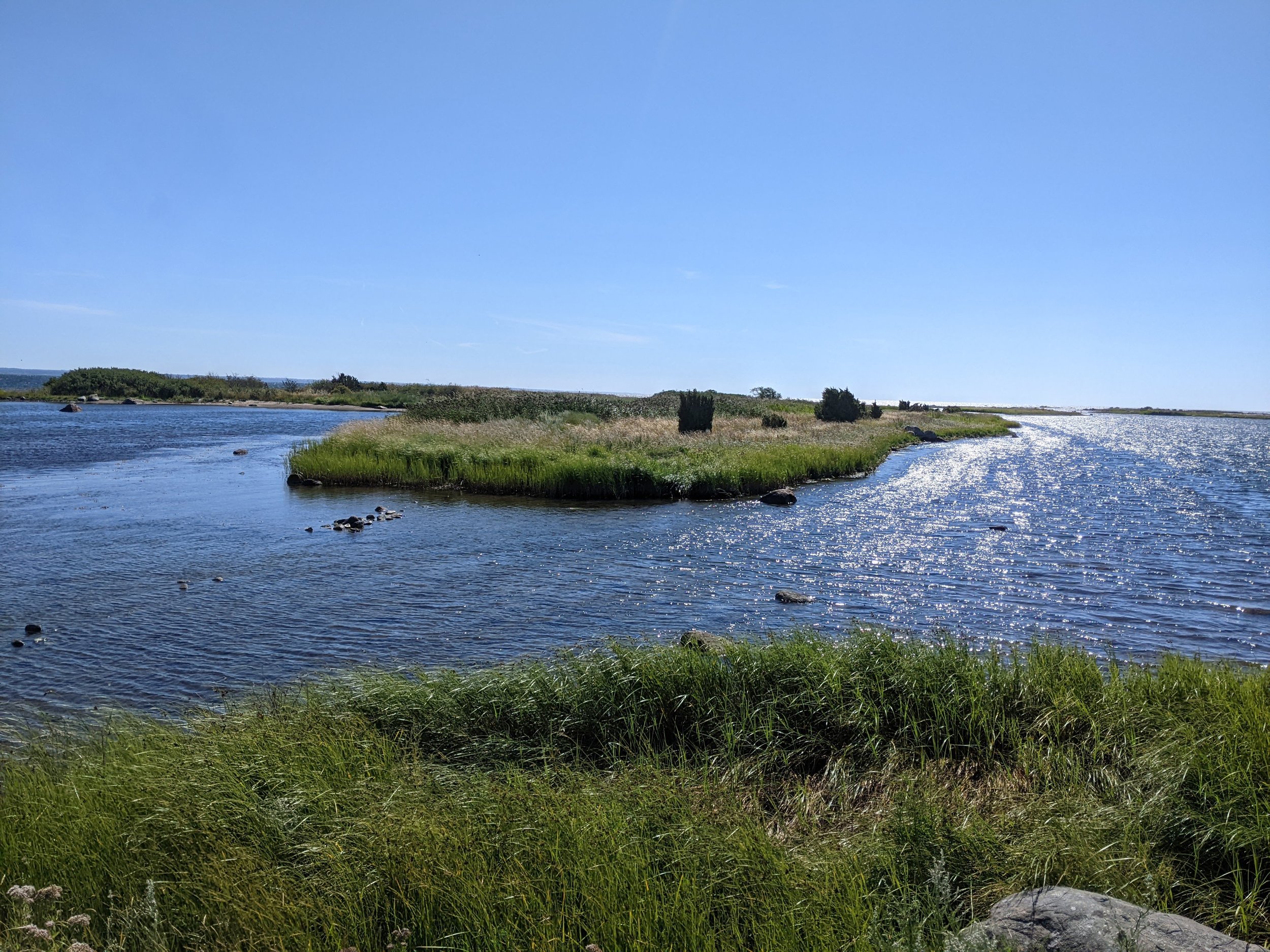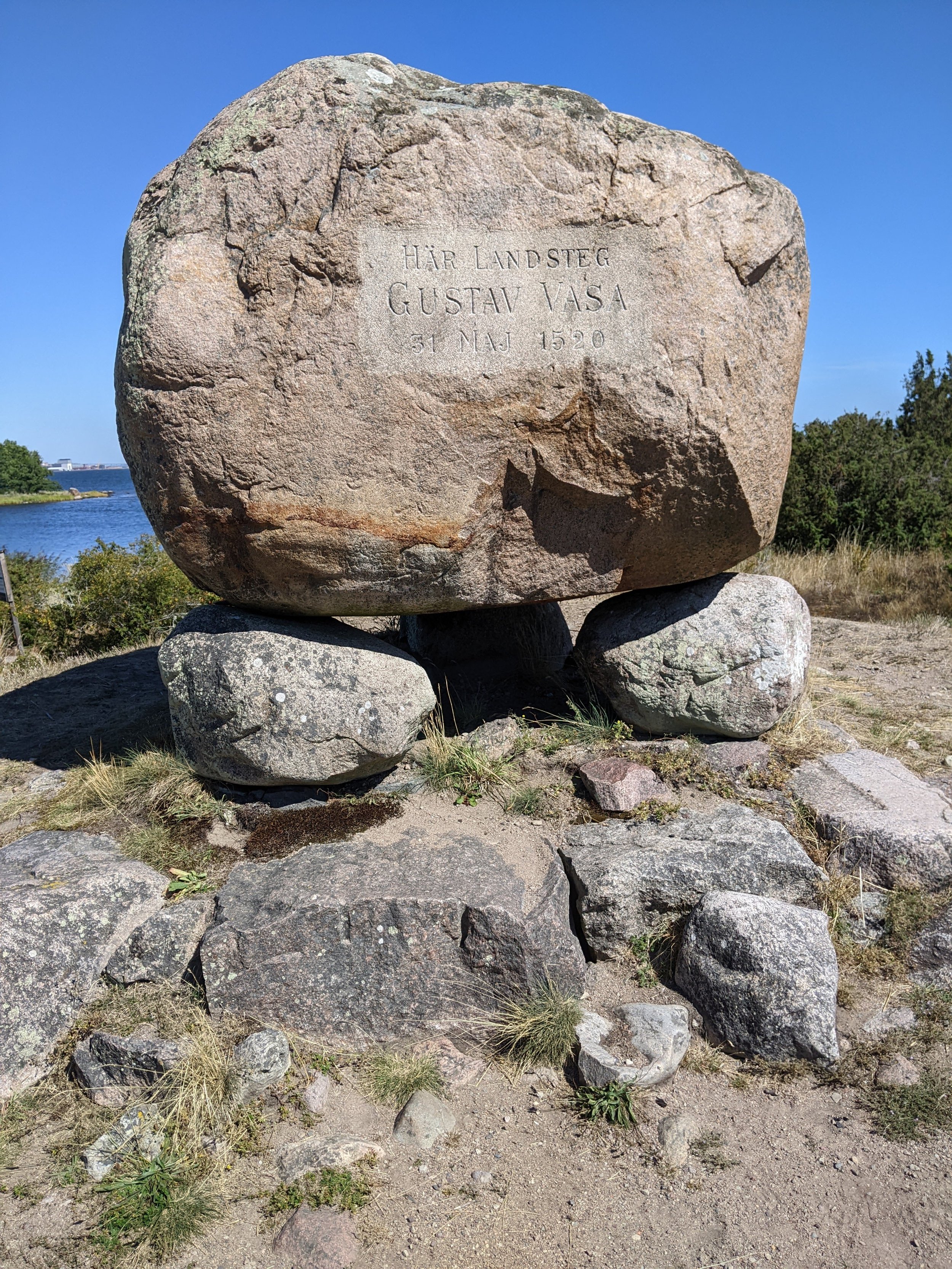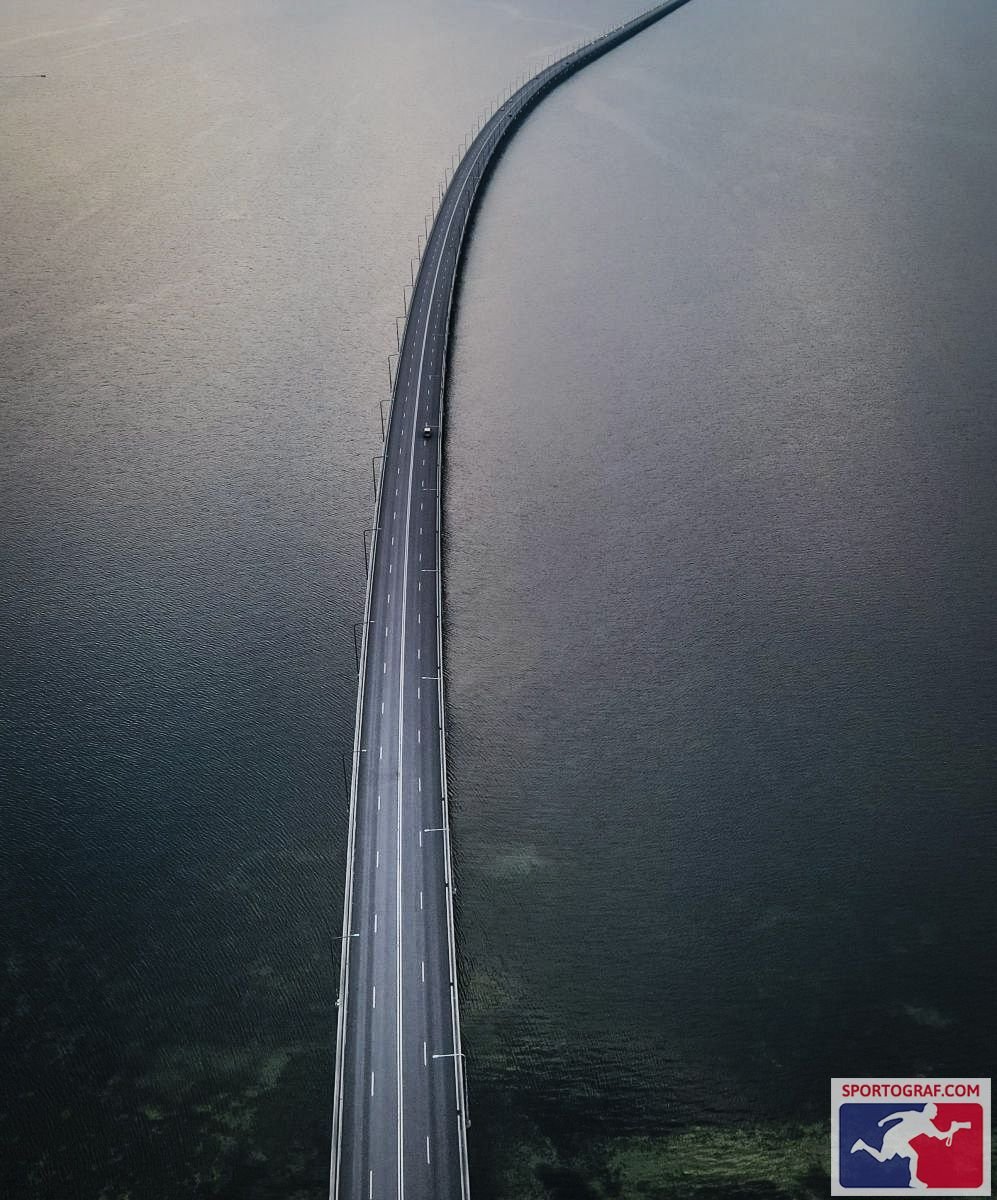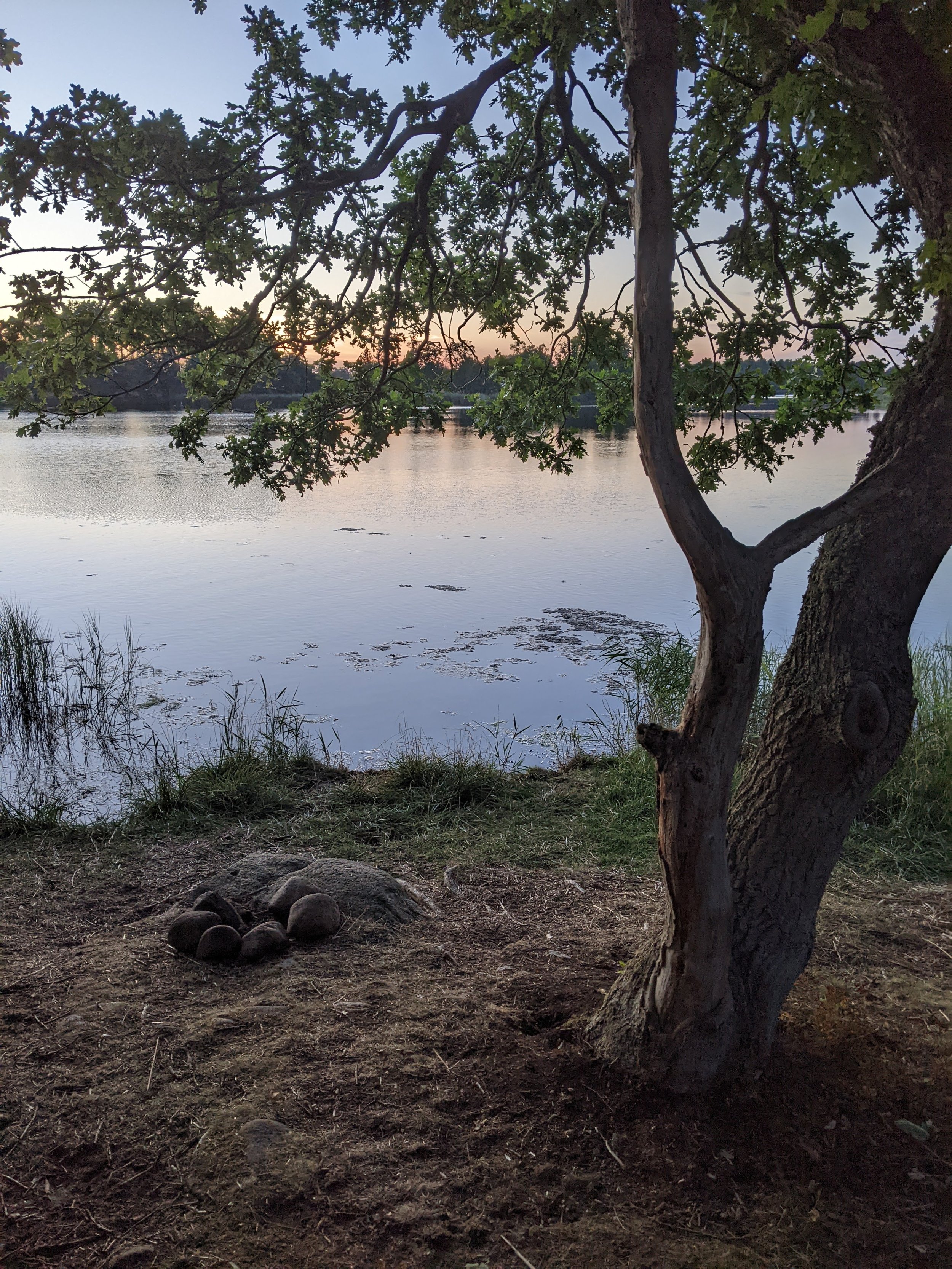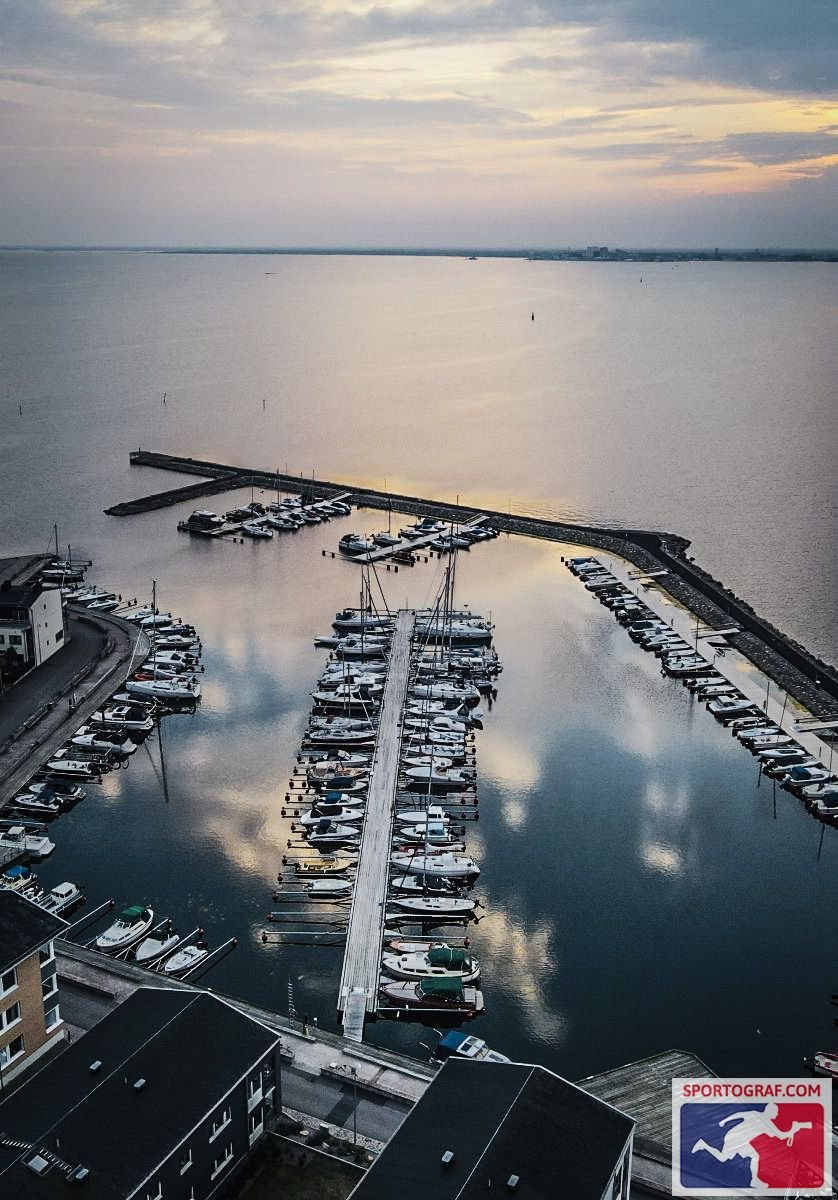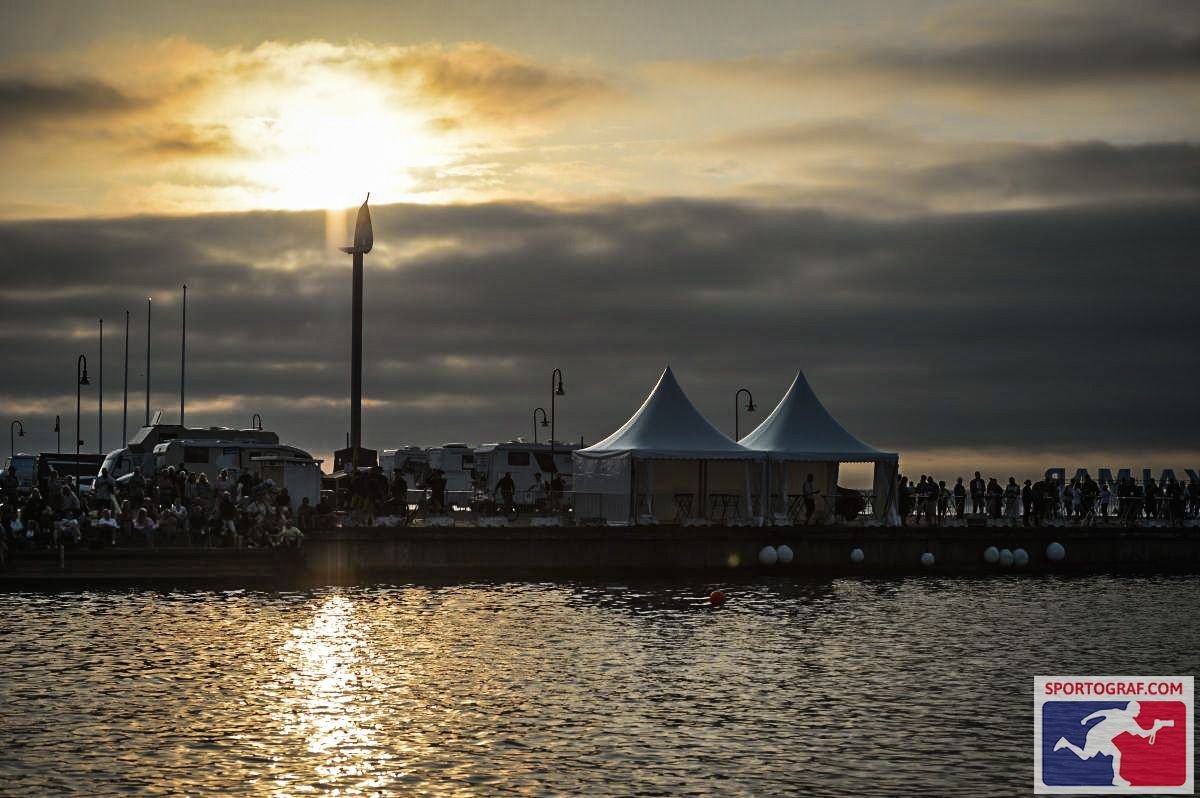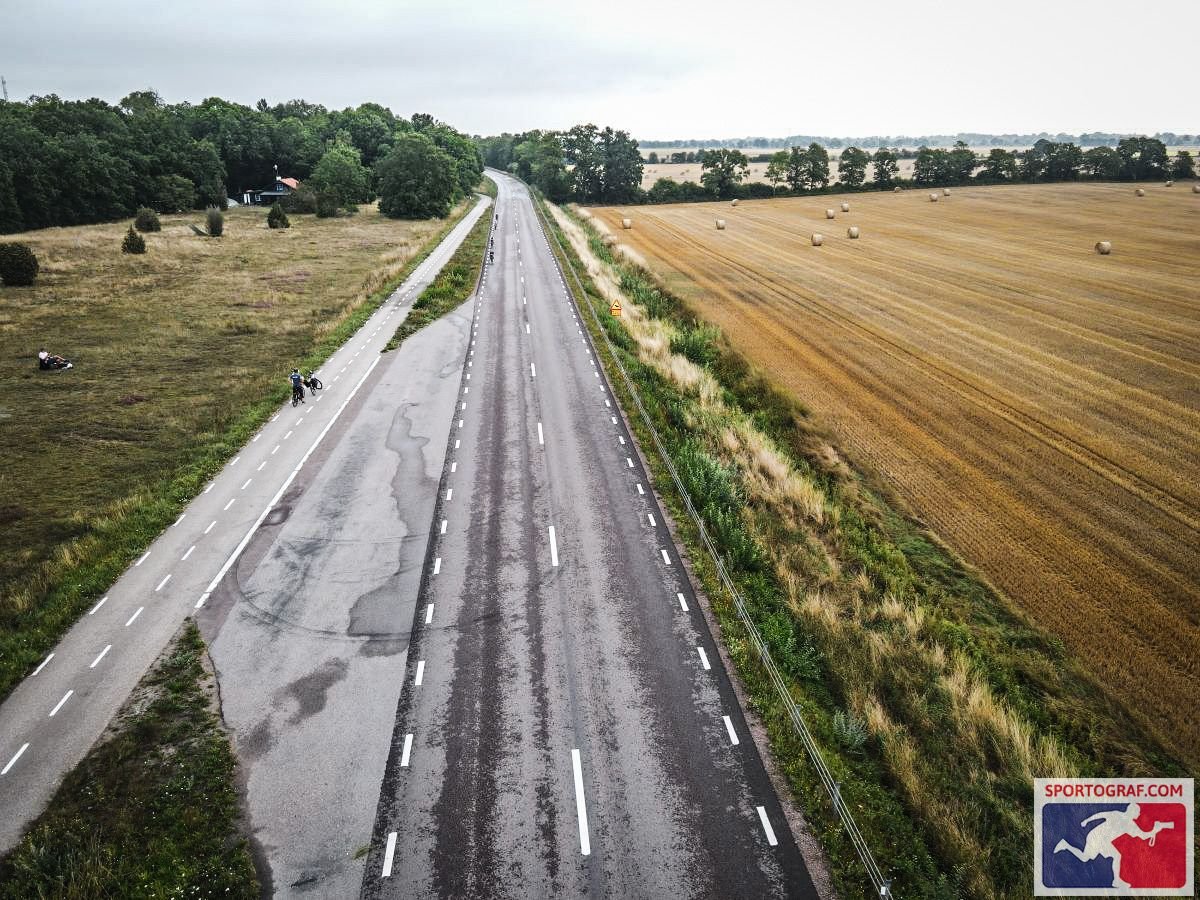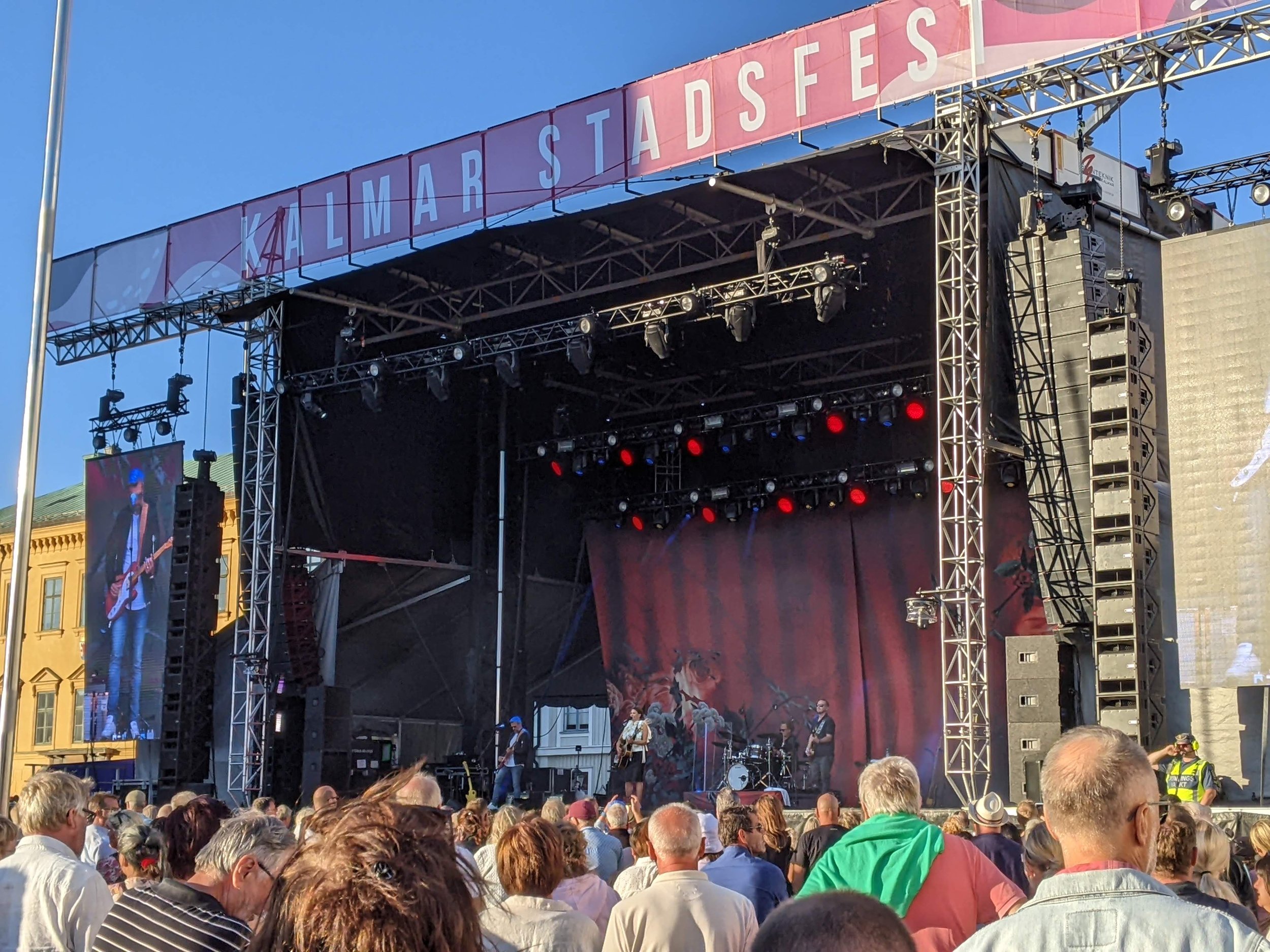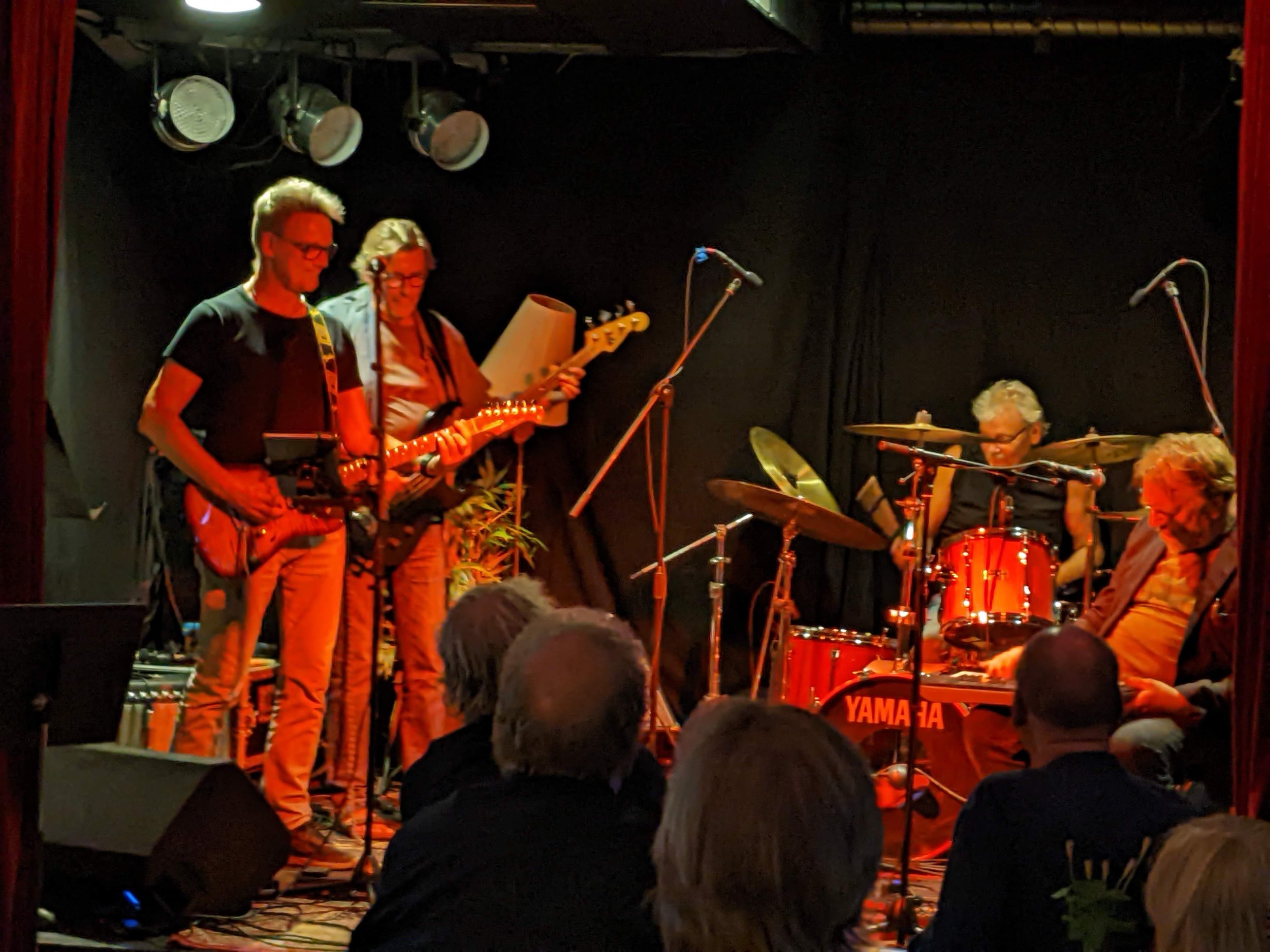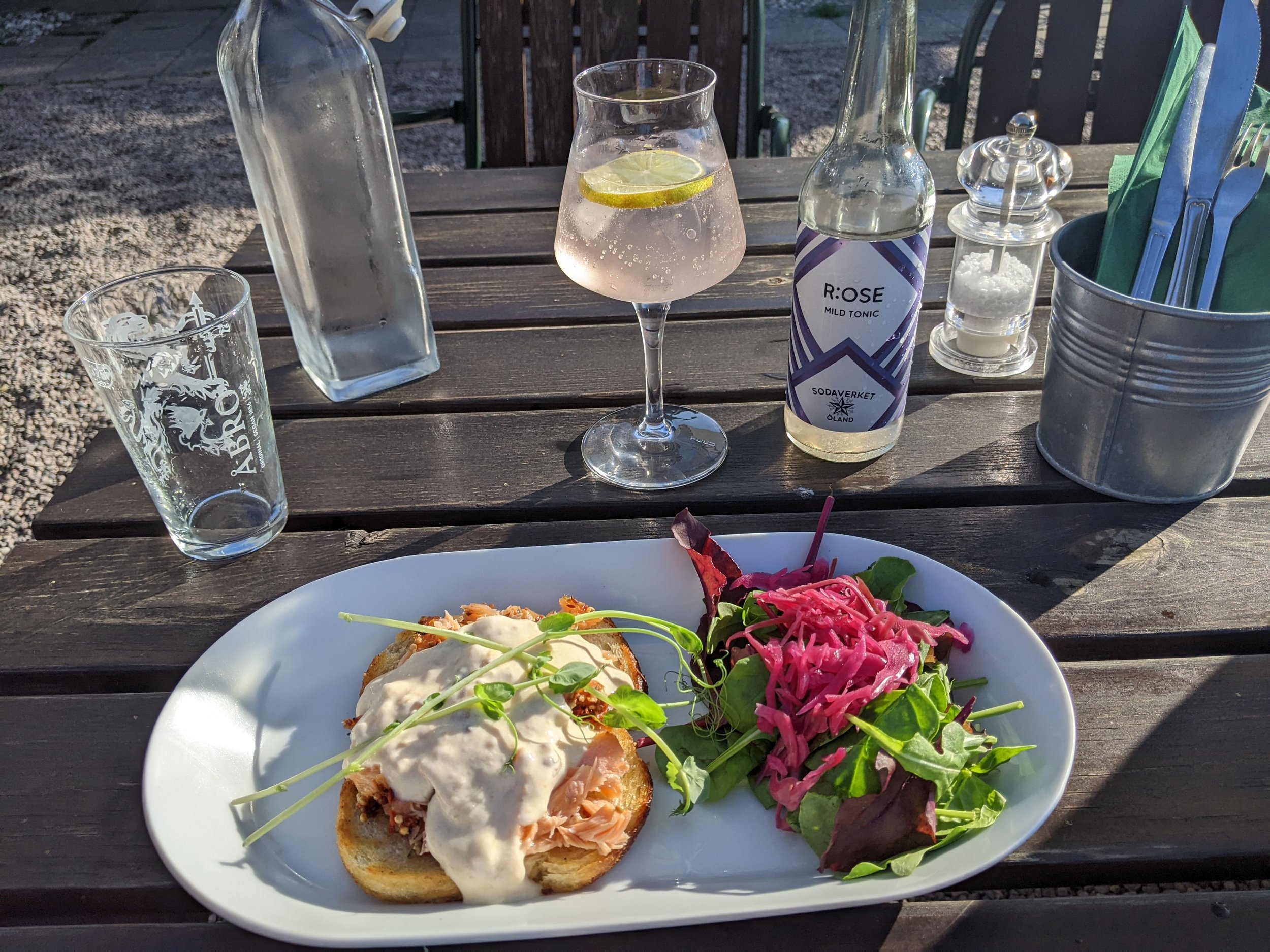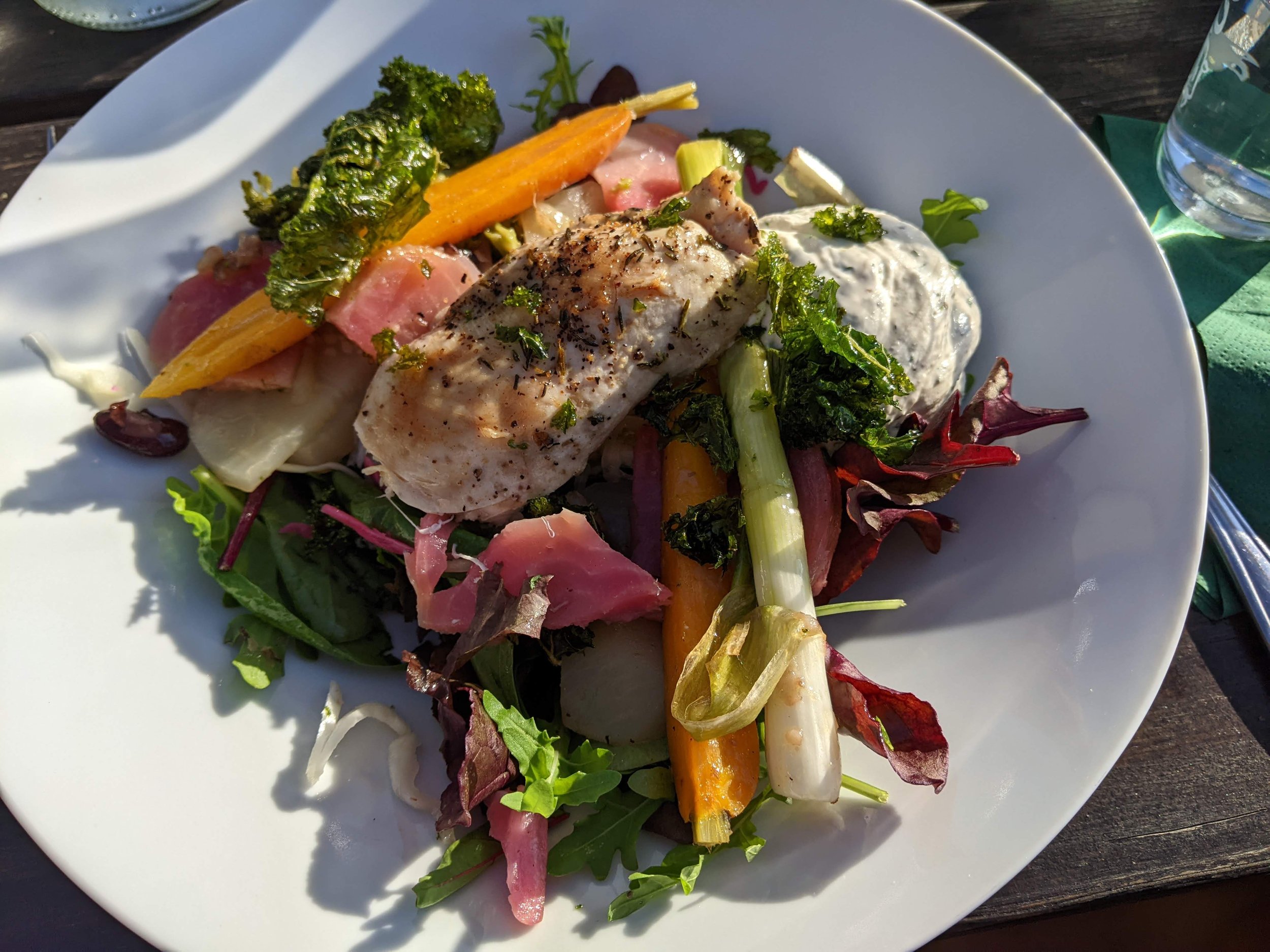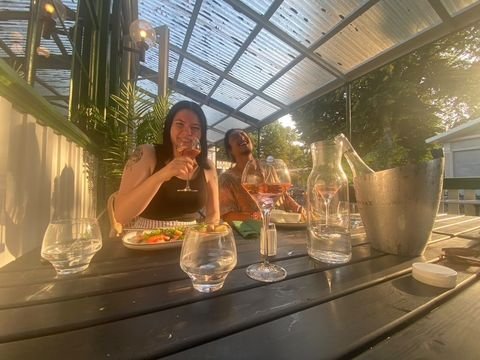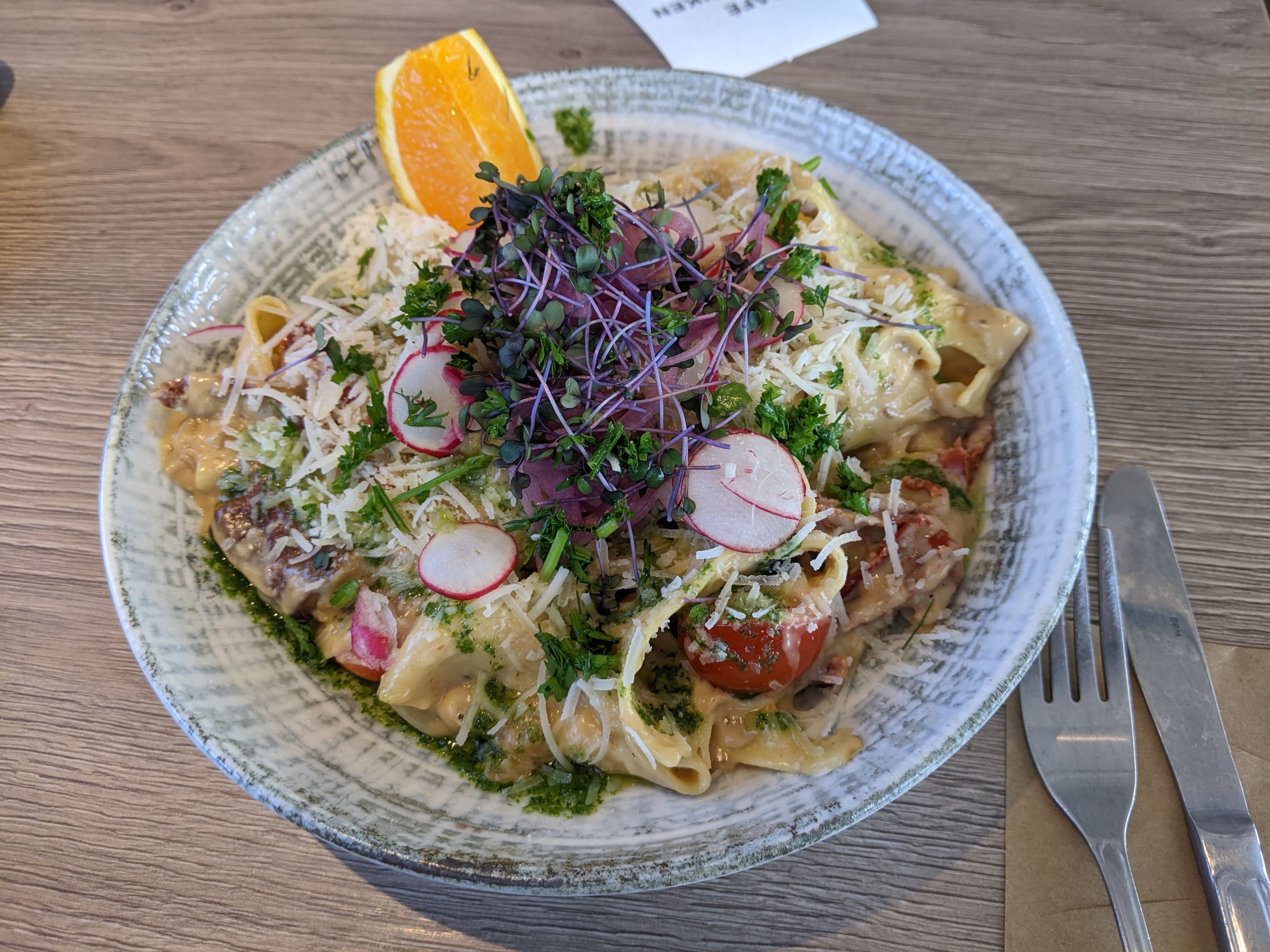Ironman: Kalmar Pt. 2 "Where"
Well, if I was going to go through all the trouble of running one of the longest endurance races in the world, I might as well enjoy it.
I picked Kalmar because 1) the course had minimal elevation changes, making it easier; 2) it fit my training timeline and: 3) because I imagined traveling Scandinavia would be very fun.
My schedule called for me to spend the three weeks of taper in Stockholm and Kalmar, familiarizing myself with the terrain and also enjoying a new country.
What I couldn’t know before is how charming the town was, how welcoming it’s people, how pleasant the lifestyle was.
Departing the train from Stockholm, my bike was disassembled and in a bike bag. I was putting the axels in back at the train station. An older gentleman passed by and started in Swedish but looked to his for help to translate, settling on; “You have lots of work to do.”
We shared a laugh, but little did he know…
I biked all my worldly possessions to my Airbnb, the lower room of a family house, two kids Oscar and Thelma running around with toys and Henrik and his wife. I never locked the door to their charming home. They would invite me to burgers in the backyard and their sunset walks.
In the grocery store, picking up peanut butter, honey, instant ramen, and frozen veg, I would meet Luke and his two sons. They were English and living two blocks down from my Airbnb. He enthusiastically gave me his phone number along with an open invitation to his home. I would stop by a few times over the next week and join in their backyard anniversary party, a real kind neighbor to have.
Ricardo would approach me as I practiced yoga on the shores of the historic castle, he had raced the race two times in the past and ardently praised his teacher and my accomplishments.
At the public 10m diving board, Samuel, Thelma, and Tove would invite me to a game of Yahtzee, which we never finished and instead talked for hours, swapping jokes and cultures and stories. I would have lunch with them at Vallen, and celebrate Samuel’s bday a day after the race.
I’d make friends with Louke, a Dutch immigrant (technically Frisian) and Nadjia, a village girl turned van girl, we would join the Kalmar town party, eating at the pop-up food market in the park, clap along to Baltic folk musicians, join crowds at huge stages and listen to a litany of talented Swedish artists. Some I took home with me, Gammal and Hanna Ferm.
I’d meet brothers Adam and Matt, part of the long and large Crigler family line. Their partners; Adam’s wife is Nishra, a Swedish-American photographer and event producer, and Sarah, who was Polish and ex-military. We’d eat langos and sushi and churros. Nishra would snap this sweet photo of me as I crossed the finish line.
The attendants at the grocery store were kind. The bakers at the bakeries were sweethearts. The pizzeria staff cracked jokes and gave cookies.
I would spend days biking around the countryside or running through the coastline.
I swam in the Baltic nearly every day over a half-dozen different beaches. Every time I got in the sea it was worth it. The local kids would play in the waves. People would be sunbathing on the shores. One time I saw a fire brigade, their emergency vehicle parked nearby, striping down for an afternoon swim. As race day approached, a gradual increase of athletes could be seen testing the waters.
People told me before I went that Swedish people were withdrawn and not particularly friendly. Even while in Scandinavia, Scandinavians would critique their own culture of stoic sternness, or unapproachable demeaners. First, it’s nothing like China. Let me tell you what unapproachable cultures look like. Second, that was not anything like my experience. True, there were some moments that were less welcoming, but overall, most people were extremely kind and friendly.
All in all, Kalmar was this idyllic town, and I was blessed with a community of friends. They were immensely kind, very welcoming and generous with time, food, wine, or help. It was really warming to have all these supporters, people I actually had come to know and recognize cheering at points of the race.

